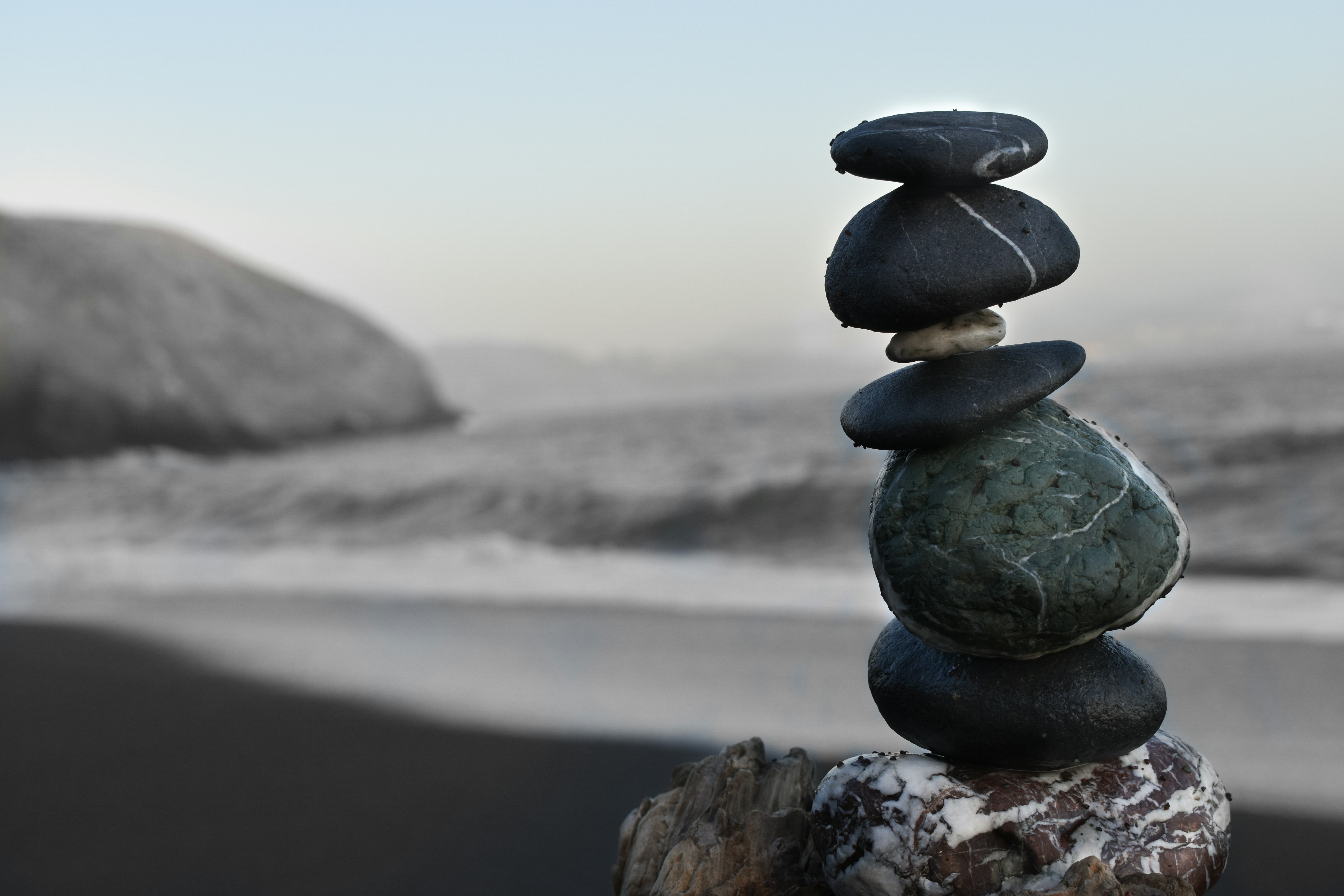The human experience is a tapestry woven with countless threads, each representing an individual story. Yet, within this rich tapestry, some threads may feel isolated, their vibrant colors clashing with the dominant hues. This feeling of being different, of existing on the margins of a group or society, is what we call "otherness."
Otherness is a complex experience, encompassing a spectrum of emotions and challenges. It's a feeling of not fully belonging, of being misunderstood or unseen by the "in-group." It can manifest in various ways, from cultural or racial differences to sexual orientation, gender identity, or even personality traits.
The Roots of Otherness
The seeds of otherness can be sown in various ways:
Social Norms & Expectations: Every society has established norms and expectations that define what's considered "normal" behavior or appearance. Deviation from these norms can lead to feelings of otherness.
Cultural Differences: The world is a kaleidoscope of cultures, each with its own customs, traditions, and values. When individuals from diverse backgrounds come together, cultural differences can create a sense of otherness.
Social Identities: Our identities are multifaceted, shaped by factors like race, ethnicity, religion, sexual orientation, and gender. When an aspect of our identity sets us apart from the dominant group, it can foster feelings of otherness.
Personal Experiences: Sometimes, even within seemingly homogenous groups, personal experiences can create a sense of being different. This could be due to childhood experiences, family background, or unique personality traits.
The Weight of "Otherness"
Feeling "other" can come with a heavy emotional burden. Here are some ways it can manifest:
Isolation: You might feel like you're on the outside looking in, unable to fully connect with others or integrate into social groups.
Invisibility: You might feel overlooked or unheard, like your presence and contributions go unnoticed.
Misunderstood: You might feel like your experiences, perspectives, or sense of humor are not understood by others, leading to frustration and loneliness.
Hyper-awareness: Feeling different can make you hyper-aware of social cues and interactions, leading to anxiety and self-consciousness.
Anger or Resentment: You might feel frustrated or resentful towards those who seem to effortlessly navigate social situations you find challenging.
Self-Doubt: The constant feeling of being "other" can chip away at your confidence, leading to self-doubt and questioning your sense of belonging.
The Spectrum of Otherness
It's important to remember that not everyone experiences otherness in the same way. The intensity of these feelings can vary depending on the context and individual. For example, you might feel a pang of isolation at a work event where everyone seems to know each other, while experiencing chronic invisibility in a social circle that doesn't share your interests.
Breaking Down the Walls
While otherness can be a challenging experience, it doesn't have to define you. Here are some ways to navigate this feeling:
Self-Compassion: Acknowledge and validate your feelings. You are not alone in experiencing otherness.
Embrace Your Identity: Don't try to erase your unique qualities. Your "otherness" can be a source of strength and perspective.
Seek Out Community: Find your tribe! Look for online or in-person communities where you can connect with those who share similar experiences.
Challenge Negative Self-Talk: Don't let negative thoughts define you. Practice self-affirmations and focus on your strengths.
Celebrate Diversity: Advocate for understanding and acceptance of differences within your social circles and communities.
The Power of "Otherness"
While otherness can be isolating, it can also be a source of strength. Here's why:
Unique Perspective: Seeing the world from a different lens allows you to offer valuable insights and challenge the status quo.
Resilience: Navigating the challenges of otherness builds resilience and fosters a sense of self-reliance.
Empathy: Feeling different can cultivate empathy and understanding for others who may also feel like outsiders.
Creativity: The outsider's perspective can spark innovation and creativity, leading to new ideas and ways of thinking.
Otherness is a complex human experience, weaving together feelings of isolation, misunderstanding, and resilience. By acknowledging its existence, fostering self-compassion, and embracing our unique identities, we can build a more inclusive world where everyone feels valued and seen. Remember, the tapestry of human experience is enriched by its diverse threads, and your unique color adds vibrancy to the whole.




